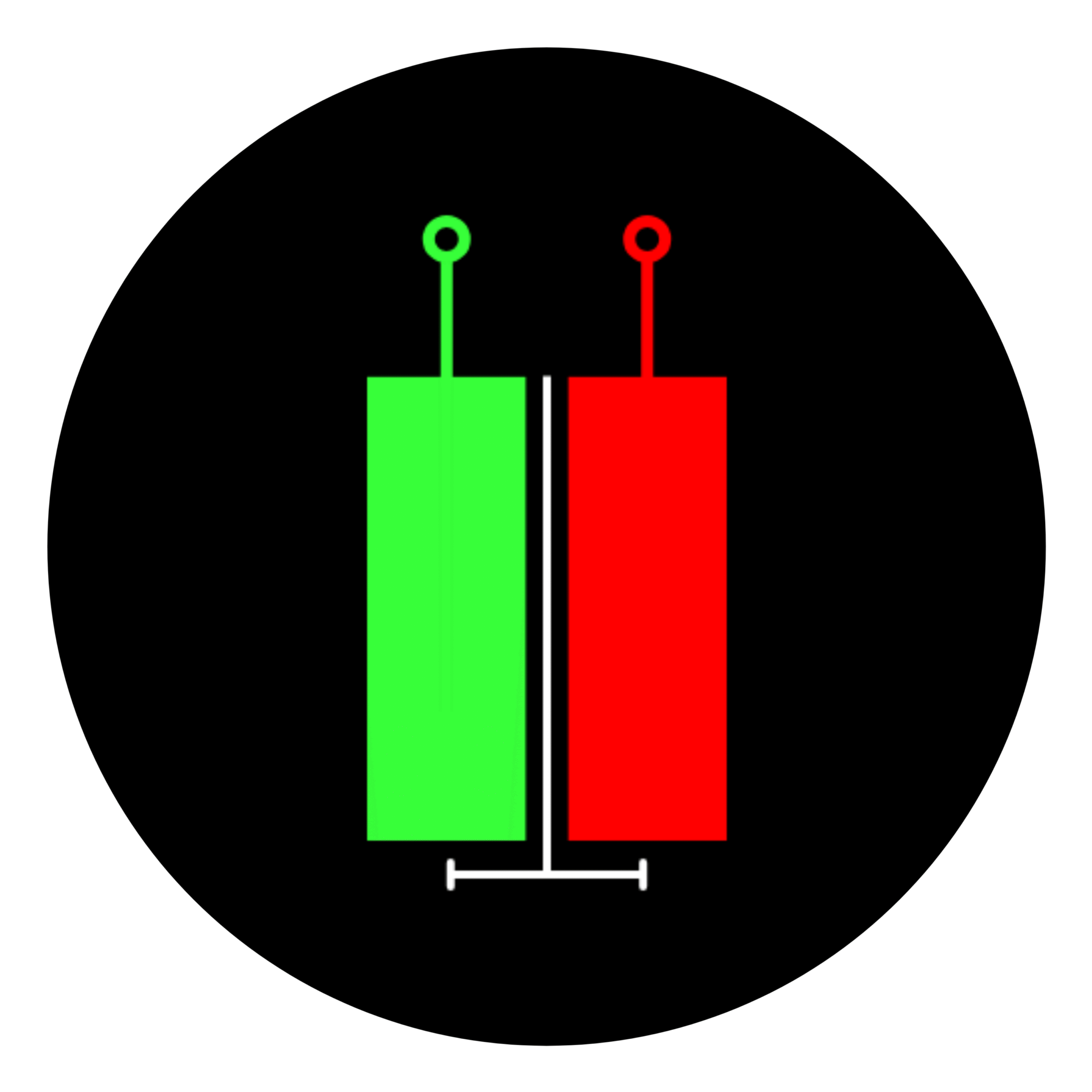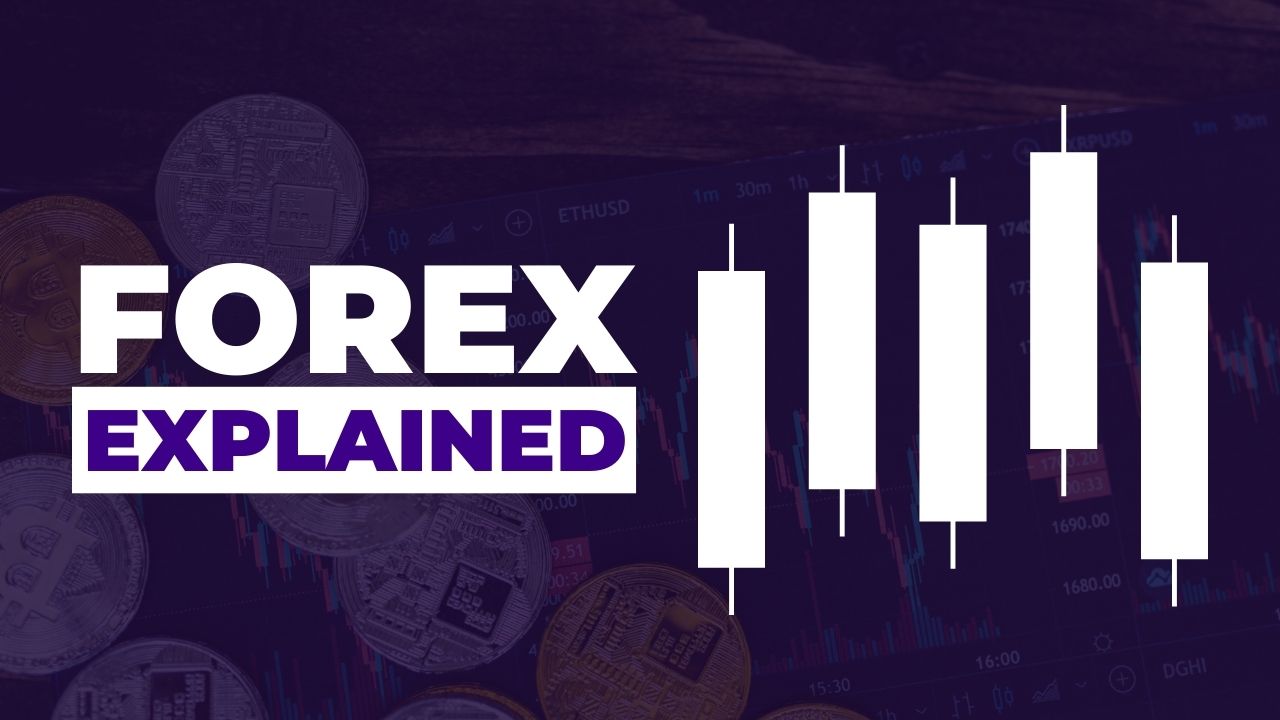The full form of forex is FOREIGN EXACHANGE.
Forex is generally used to exchange currencies of different countries.
The forex market is one of the biggest financial markets in the world, with trading volumes in the trillions. Banks around the world engage in forex trading, and many amateur traders also like to trade in the forex market. In this article, we will cover all the basic concepts of the forex market that a beginner should know. So, let us get started.
Where is the Forex Market?
The Forex market, short for Foreign Exchange Market, is a global financial market where currencies are traded.
- Operating Hours: The market is open 5 days a week and operates 24 hours a day during those 5 days, without any closing time.
Where is the Forex Market Located?
The Forex market is decentralized, meaning it doesn’t have a physical location like a stock exchange. Instead, trading happens over the counter (OTC), which means trades are conducted directly between parties, often via electronic networks.
Trading Sessions in the FOREX Market
Asian Session
Euro Session
Newyork Session
Tokyo Session
What does Leverage and Margin mean in FOREX Market?
What does PIP mean in Forex Market?
What is the LOT SIZE in Forex Market?
How Do Currency Rates Change in the Forex Market?
Currency rates in the Forex market change due to several factors, including:
- Economic Indicators: Reports on a country’s economy, like employment numbers or GDP growth.
- Geopolitical Events: Political events or tensions between countries.
- Central Bank Policies: Decisions made by central banks, such as changing interest rates.
Is Gold Traded in the Forex Market?
Yes, gold is traded in the Forex market. Silver is also traded in the Forex market.
Why is Gold Traded in the Forex Market?
Gold is traded in the Forex market because it is a valuable asset that investors use to protect against inflation and economic uncertainty.
What Assets Are Traded in the Forex Market?
The main thing traded in the Forex market is money, or currencies, from different countries.
What Financial Instruments Are Present in the Forex Market?
In the Forex market, various financial instruments are used for trading, including:
- Spot: Immediate purchase or sale of a currency.
- Forwards: Agreement to buy or sell a currency at a future date.
- Non-Deliverable Forwards (NDF): A type of forward contract used where currency trading is restricted.
- Swap: Simultaneous buying and selling of the same amount of currency for different delivery dates.
- Futures: A contract to buy or sell a currency at a set price on a future date.
- Options: A contract that gives the buyer the right, but not the obligation, to buy or sell a currency at a specified price within a specific time period.
Conclusion
The Forex market is one of the largest financial markets in the world, with trading volumes in the trillions of dollars. It primarily involves interbank trading, and the main asset class traded is currencies, with the U.S. dollar being the most prominent.
Get the more detailed insights in Wikipedia

